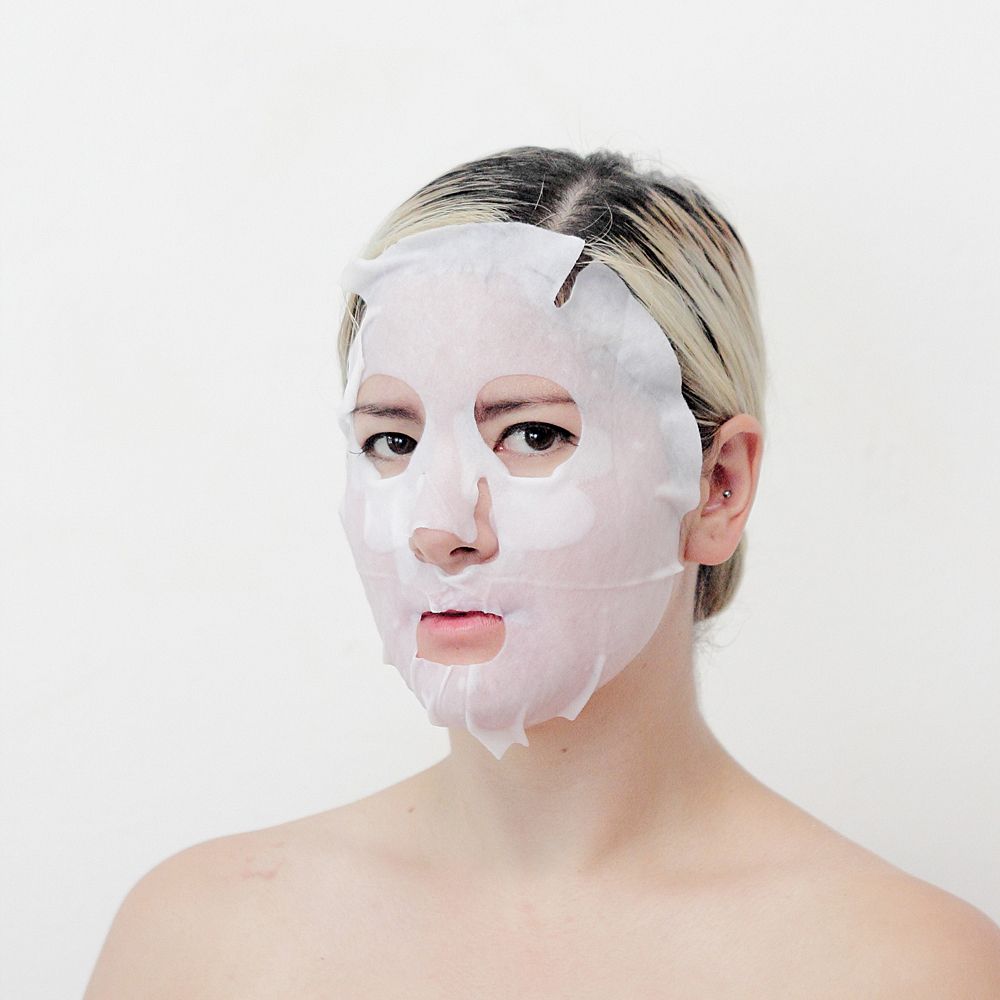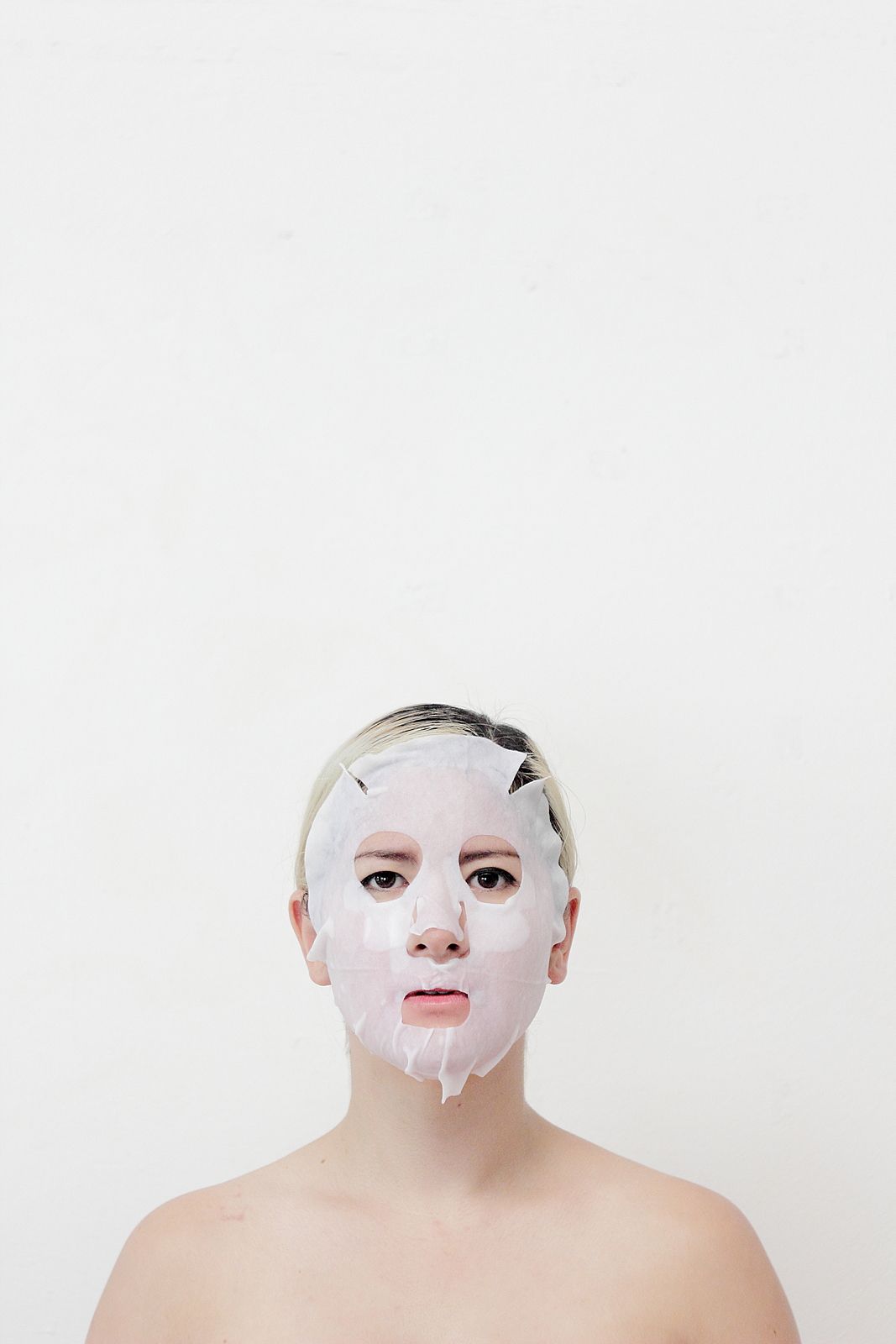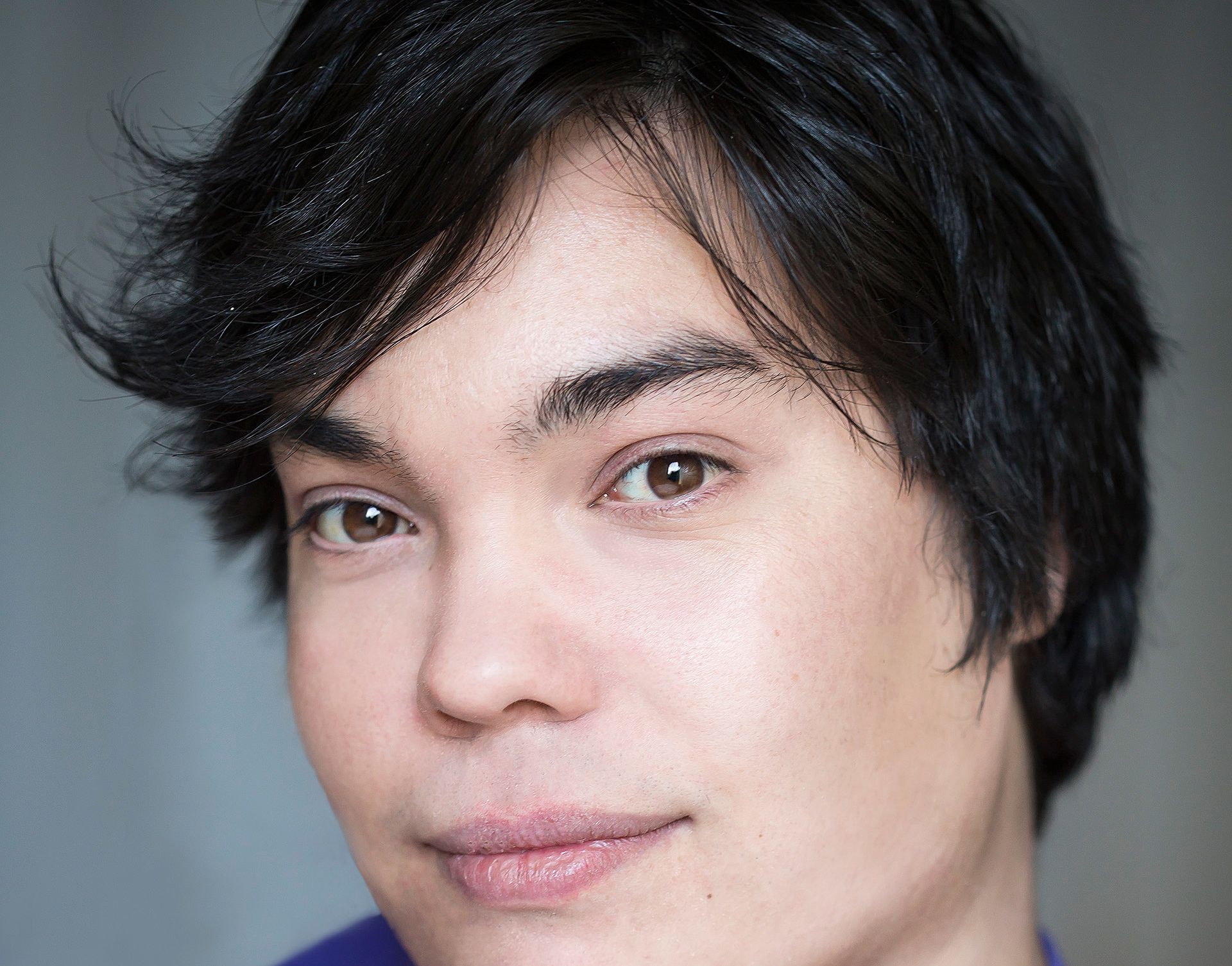Maybe the reason I am itchy is because I am invisible: Alice Canton on White/Other
"To define Otherness you must know what Other is." We talked to theatre-maker Alice Canton about what drives her to make work and her experiences as both a biracial person and a biracial theatre-maker, and how this informs the world of White/Other.
"To define Otherness you must know what Other is."
We talked to theatre-maker Alice Canton about what drives her to make work and her experiences as both a biracial person and a biracial theatre-maker, and how this informs the world of White/Other.
Alice Canton has a lot of ideas, and her work White/Other reflects that. It’s her second solo show, after last year’s sell-out show Orangutan, and her first to explicitly discuss her mixed racial heritage. “[The show] is about looking critically at the representation or re-presentation depending on which way you see that word and treatment of Asian or of East, the East by the West. And through the Western gaze.”
“It’s really driven by a frustration that I feel as a non-white, or as a half-white half-Chinese practitioner and feeling frustrated by the lack of opportunities that are presented to myself.”
You feel that frustration in the show. Alice, playing herself, or a loosely-veiled version of herself, is building the show around her, but she is harangued by phrases of Asian stereotypes throughout, as if the show itself is condemning her for bringing up and mentioning these stereotypes.
She records Long Duck Dong’s lines from Sixteen Candles, the ‘spray and walk away’ tagline, and most hauntingly, the ‘and then’ speakerbox from Dude Where’s My Car. These are things we probably laughed at when we first heard them, but hearing them in the context of the show, and especially when they are looped over and over again, you feel them weigh on Alice as a person, and as an artist.
*
At the very start of her interview, theatre-maker Alice Canton warns me that she doesn’t talk in sound bites. She’s right. She doesn’t. During our interview in the Metro food court over some dodgy food court pizza, she goes on tangents, she fills in and elaborates on points, she talks about what influences her, what angers her and what excites her.
“Purpose is really important for me. We scoff at this, but there is so much work that is made in the world that is not [purposeful].” She pauses, and then she explains the statement. She knows that all work doesn’t have to be driven by a strong social or cultural inquiry, or be provocative and challenging, or even solving a problem.
In that moment, she’s stating what is important for her art, but also allowing room for the other art around her that isn’t doing what her art is doing. She’s not only aware of her work, but she’s aware of the context that her work exists in.
Alice talks around her points a lot. On paper it can sound like rambling, but in person it sounds like somebody considering all the angles of what she’s saying, and all the possible responses to it. She’s preempting and backing herself up in the same conversational manoeuvre.
This part of Alice makes it into the show. There are two fairly distinct parts of White/Other. There is the show that ‘Alice’ the theatre-maker is making, where she is recording the lines, and slowly watching it fall down around her. The other is the more inherently theatrical parts of the show, which edge into contemporary dance, where Alice goes through the motions of her everyday life while also performing a traditional Chinese dance.
White/Other is as much Alice’s comment on the struggle of being a biracial theatre-maker as it is a comment on the struggle as somebody who lives as an othered person in a white world. Every moment of lived in theatre is balanced out and commented on by a moment of making and commenting on that theatre.
This is the reality. This is Alice’s comment on that reality.
*
When Alice says purpose is really important to her, she means it. “[The show] is about carving out, as an artist, in this country, in this world, meaningful experiences out of the limited opportunities that I have already and going, ‘maybe I don’t want to carve meaningful opportunities out of nothing.’”
“Maybe the reason I am itchy is because I am invisible, it’s not even because I’m misrepresented, it’s because I’m not represented at all. I don’t exist in that paradigm, and therefore what is the impact that that is having on me?”
Where the show hits a stride is where Alice starts to talk about her own experiences with racism, and more specifically the racism perpetuated against Asian people in this country. She mentions the unnamed roles she played in the New Zealand premiere of Miss Saigon, she mentions seeing a man in yellowface play Chairman Mao in Nixon in China, and most upsettingly, she mentions somebody’s reaction to her being scared to walk home from The Basement at night.
All of a sudden what has been theory, what has been theatre, what has been tied up in beautiful language, drops into the real and the visceral and the present in front of us. Suddenly we’re not watching Alice the theatre maker, we’re confronted by Alice the person.
And then, in the most beautiful and necessary moment of the show, the two meet. Alice talks about making the show, she talks about the audience, she talks about the people who won’t see the show, and how they’re the people who need to see the show the most.
In the last moments of the show, a beautiful and deeply sad moment that shouldn’t be spoiled, the defiance within in Alice is projected. She is rebelling against the moment, even as she as a theatre-maker is creating it. It’s a representation of what she wants to be, and what she wants to fight against. Not only are we given an opportunity to understand what it is to be a biracial theatre maker, a biracial person, but we feel what it’s like. It’s a moment of pure, unadulterated, thought-through purpose
White/Other runs at
The Basement Theatre
from April 12 - April 21
For tickets and more information, go here.



